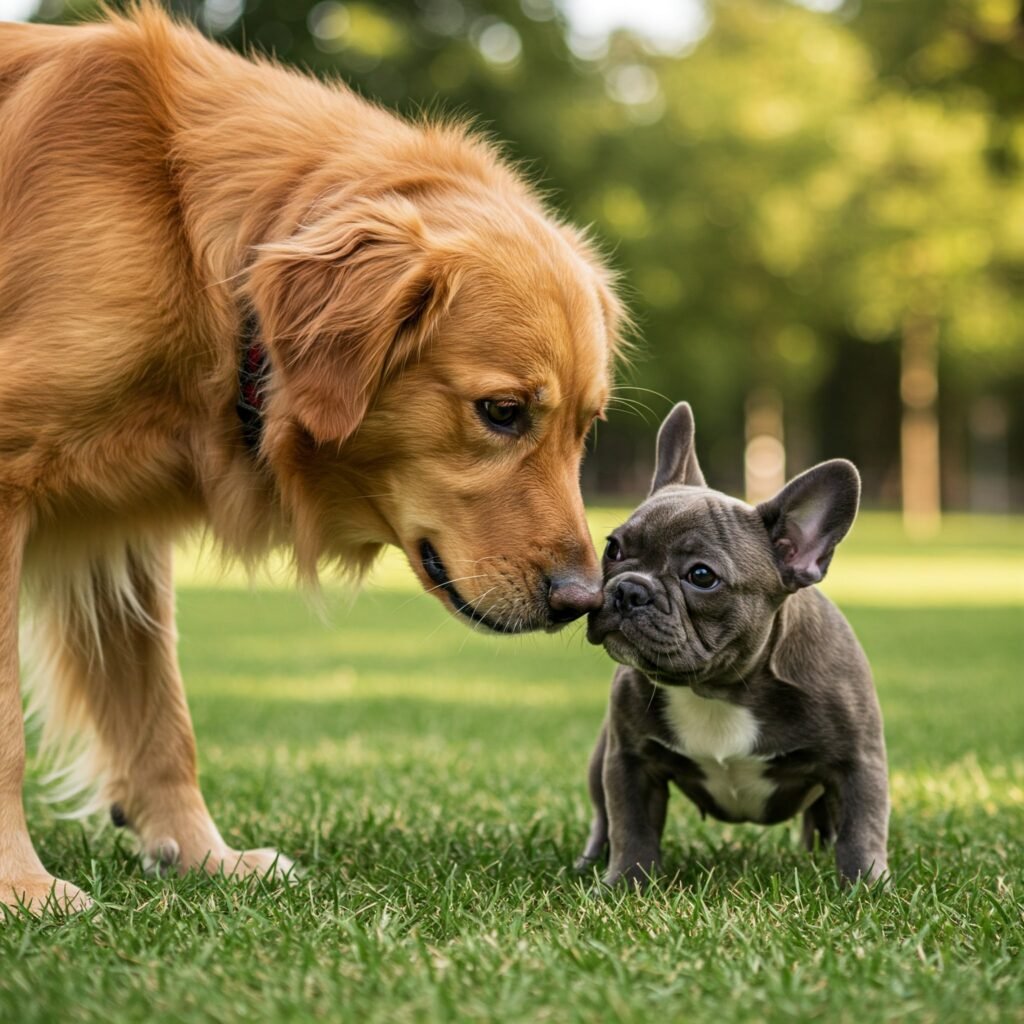Socializing your dog is one of the most important steps you can take to raise a happy, confident, and well-behaved pup. Whether you’ve just welcomed a brand new puppy into your home or adopted an older dog, proper socialization can shape their behavior and improve their quality of life. Let’s explore why socialization matters and how you can make it a fun and positive experience for both you and your furry friend!
🐾 Why Is Socialization Important for Dogs?
Socialization helps your dog feel comfortable around new people, animals, environments, and experiences. Well-socialized dogs are less likely to develop anxiety, fear-based aggression, or destructive behaviors. They become adaptable, confident companions who can enjoy life to the fullest — whether you’re going on a walk around the block or a weekend road trip.
🐾 When Should You Start Socializing Your Dog?
- Puppies: The best window for socialization is between 3 and 14 weeks old. During this time, puppies are naturally curious and less fearful, making it easier to introduce them to new sights, sounds, and smells.
- Adult Dogs: It’s never too late! While it might take a bit more patience, older dogs can absolutely learn to trust new situations with positive reinforcement and slow introductions.
🐾 Socialization Tips for Puppies
- Expose Them to New Experiences Early
Introduce your puppy to different people, dogs, household noises, and environments while keeping the encounters positive and low-pressure. - Puppy Playdates & Puppy Classes
Puppy kindergarten classes are great for learning both social cues and basic obedience in a controlled environment. - Positive Reinforcement is Key
Reward your puppy with treats, praise, and playtime when they remain calm and curious during new experiences.
🐾 Socialization Tips for Adult Dogs
- Start Slow
If your dog is nervous or fearful, start with quiet environments and gradually work up to more stimulating situations like dog parks or busy streets. - Controlled Introductions to Other Dogs
Always introduce your dog to others on neutral ground, using leashes and allowing plenty of space. Watch their body language for signs of stress. - Use Treats & Praise
Positive experiences create positive associations. Reward your dog for calm behavior when meeting new people or dogs. - Daily Walks in Different Areas
Varying your walking routes helps expose your dog to new smells, people, and other dogs, building confidence.
🐾 Common Socialization Mistakes to Avoid
- Forcing interactions — If your dog seems fearful, take a step back and let them approach on their own terms.
- Lack of variety — Socialization isn’t just about meeting dogs. Include people of all ages, vehicles, surfaces, and sounds.
- Inconsistent reinforcement — Celebrate small wins! Even brief, calm behavior deserves positive feedback.
🐾 Final Thoughts
A well-socialized dog is a happier, more balanced companion — and it’s never too late to start! With patience, consistency, and lots of love, you can help your dog feel at ease in any situation. Socialization not only prevents problem behaviors but strengthens the bond you share with your furry friend.

